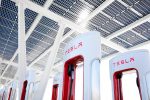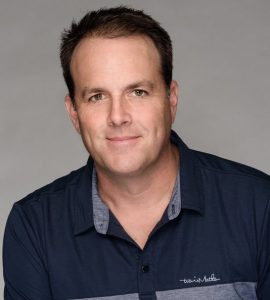
White House Supports Industry’s Move to Standardize Tesla NACS EV Charging Plugs
The White House has thrown its weight behind an initiative by the auto industry to standardize Tesla’s electric vehicle (EV) charging plugs for all EVs in the United States. This move is part of a broader effort to accelerate EV sales and address climate change concerns. Despite a record-breaking 1 million EVs sold in the U.S. in 2023, the country still lags behind global leaders like China and Germany in EV adoption. One significant obstacle to wider EV adoption has been the limited availability of charging infrastructure across the nation.
As the leader in the EV market, Tesla operates the largest network of fast-chargers, strategically positioned along popular travel routes. SAE International, previously the Society of Automotive Engineers, recently confirmed Tesla’s North American Charging Standard connector (NACS) as the new standard for EV charging. This connector aims to facilitate compatibility among various EVs and expand charging access nationwide.
The U.S. Joint Office of Energy and Transportation asserted that the standardization ensures any vehicle or charging equipment manufacturer can utilize the NACS connector, promoting widespread charging access for current and future EV drivers. This standardization could instill confidence in consumers and aligns with President Joe Biden’s goal of achieving 50% electric vehicle sales in the U.S. by 2030, a pivotal element in his broader transportation decarbonization agenda.
The NACS standardization resolves a longstanding conflict between Tesla’s charging standard and the Combined Charging Standard (CCS) adopted by most other automakers. Tesla had previously agreed to open parts of its network, making at least 7,500 chargers accessible to non-Tesla EVs by the end of 2024. Major global automakers have since embraced NACS, except for a few exceptions like Stellantis and Volkswagen.
Despite the positive strides, challenges remain. The transition to the new standard and the distribution of adapters may lead to confusion among EV drivers. Industry experts, such as Loren McDonald, CEO of EVAdoption LLC, caution that the “adapter hell” may persist for several years, impacting mainstream consumers’ understanding and acceptance.
Some automakers are pursuing their own charging initiatives, with Mercedes-Benz developing its network, and seven automakers collaborating on fast-charging infrastructure independently of Tesla. Notably, the Biden administration’s $1.2 trillion bipartisan infrastructure law, enacted in November 2021, allocates $7.5 billion for building a nationwide EV charging network. While the Federal Highway Administration has requirements for federally funded charging stations, including a preference for CCS plugs, the agency will now assess how the Tesla plug standard aligns with these criteria.
Widespread EV adoption is seen as a crucial step in reducing the transportation sector’s reliance on fossil fuels, a significant contributor to greenhouse gas emissions and climate change. The administration’s support for standardization reflects a commitment to advancing a sustainable and environmentally friendly transportation ecosystem in the United States.
Source: Associated Press

